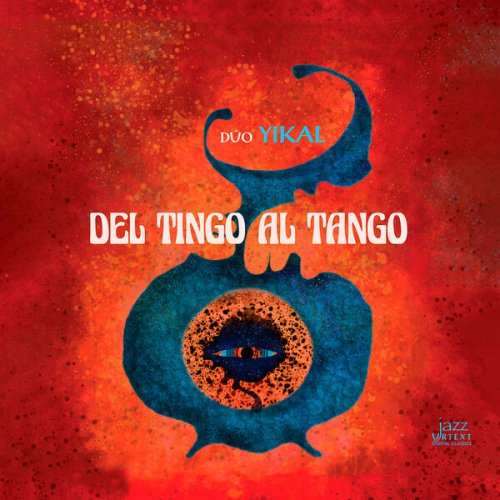Emma Kirkby, The Consort of Musicke - Angelo Notari: Prime Musiche Nuove (1994)
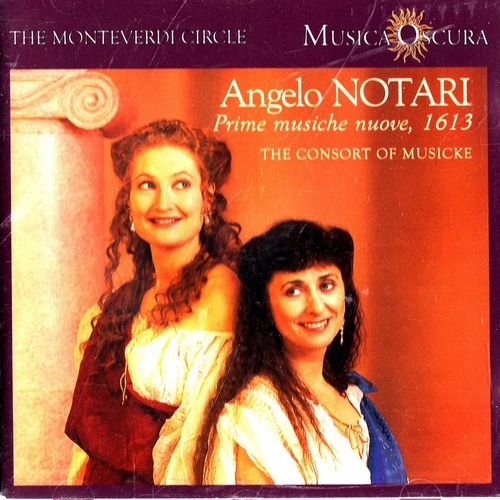
Artist: Emma Kirkby, The Consort of Musicke
Title: Angelo Notari: Prime Musiche Nuove
Year Of Release: 1994
Label: Musica Oscura
Genre: Classical, Vocal
Quality: FLAC (image+.cue,log,scans)
Total Time: 52:07
Total Size: 312 Mb
WebSite: Album Preview
Tracklist: Title: Angelo Notari: Prime Musiche Nuove
Year Of Release: 1994
Label: Musica Oscura
Genre: Classical, Vocal
Quality: FLAC (image+.cue,log,scans)
Total Time: 52:07
Total Size: 312 Mb
WebSite: Album Preview
01. Intenerite voi, lagrime mie
02. Occhi miei
03. Su la riva del Tebro
04. Piangono al pianger mio le fere
05. Occhi, un tempo mia vita
06. Girate, occhi, girate
07. Ahi, che s'accresce in me l'usato ardore
08. Che farai, Meliseo?
09. Musa, Amor porta novella
10. Sì da me pur mi desviano
11. Ecco, ch'un'altra volta
12. Se nasce in cielo
13. O bella Clori
14. Mesta ti scorgo
15. Anima eletta
16. Con esperanças espero
17. Così di ben amar
18. Ben qui si mostra il ciel
Performers:
The Consort of Musicke
Emma Kirkby (soprano)
Evelyn Tubb (soprano)
Andrew King (tenor)
Joseph Cornwell (tenor)
David Thomas (bass)
Richard Wistreich (bass)
Anthony Rooley, director
In so much as it is known at all, Angelo Notari's Prime musiche nuove is known as an Interesting Historical Fact, the earliest dated book of engraved music to have been produced in England. By the time that it was published. Notari had been in the country for only three years, having originally left Venice to take up a permanent position in the entourage of Prince Henry. With the latter's death he became part of the private music of Prince Charles, who he continued to serve after he ascended the throne in 1625. As might be expected from its title, with its obvious overtones of Caccini's famous publication of 1601, Notari's Prime musiche nuove is filled with pieces in the latest Italian styles. The verse of Rinuccini, Guarini and Chiabrera is prominent, and the contents are almost equally divided between monodies, duets and trios.
Most of these pieces were clearly designed for professional singers of some virtuosity. This is most obviously the case with Ben qui si mostra, based upon Cipriano de Rore's four-part madrigal, and virtually an exercise in passage-work for an accompanied bass singer. In fact, it comes as something of a shock to the system to recall that these pieces were first published in a country where domestic song meant amateur performance of Dowland's ayres. The challenges of Notari's pieces are on the whole well met by the Consort of Musicke, and we must be grateful to them for revealing some remarkably good music in a rather dusty corner of the early seventeenth century.
Emma Kirkby and Evelyn tubb are particularly persuasive advocates for the style in the opening sequence of duets, and their voices are well-matched. I am less keen on some of the men, and must confess to never having been an enthusiast for David Thomas's voice either on grounds of tone or accuracy of intonation. But the hero of the piece is Notari, who is shown as a composer with a distinctly individual voice, for all the rather obvious echoes of Monteverdi's music. The recording is of good quality, and conveys a pleasant sense of intimacy.'
Most of these pieces were clearly designed for professional singers of some virtuosity. This is most obviously the case with Ben qui si mostra, based upon Cipriano de Rore's four-part madrigal, and virtually an exercise in passage-work for an accompanied bass singer. In fact, it comes as something of a shock to the system to recall that these pieces were first published in a country where domestic song meant amateur performance of Dowland's ayres. The challenges of Notari's pieces are on the whole well met by the Consort of Musicke, and we must be grateful to them for revealing some remarkably good music in a rather dusty corner of the early seventeenth century.
Emma Kirkby and Evelyn tubb are particularly persuasive advocates for the style in the opening sequence of duets, and their voices are well-matched. I am less keen on some of the men, and must confess to never having been an enthusiast for David Thomas's voice either on grounds of tone or accuracy of intonation. But the hero of the piece is Notari, who is shown as a composer with a distinctly individual voice, for all the rather obvious echoes of Monteverdi's music. The recording is of good quality, and conveys a pleasant sense of intimacy.'
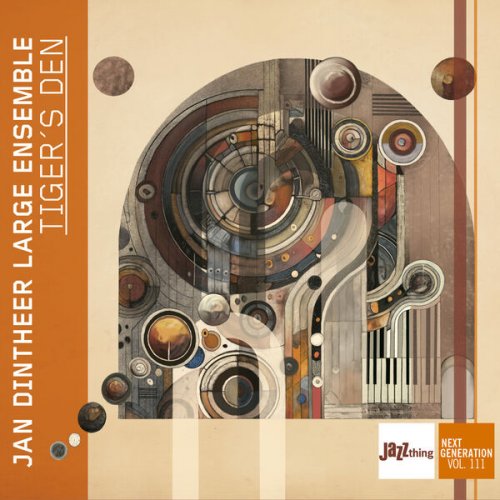
![Illinois Jacquet - Swing's The Thing (1960/2026) [Hi-Res] Illinois Jacquet - Swing's The Thing (1960/2026) [Hi-Res]](https://www.dibpic.com/uploads/posts/2026-01/1769713003_cover.jpg)
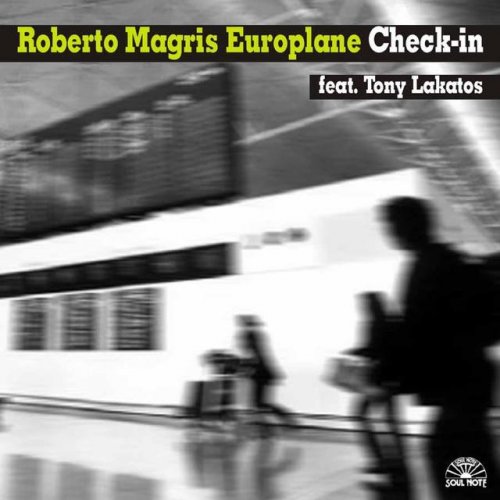
![Tatsu Akiba - Akiba Tatsu (2026) [Hi-Res] Tatsu Akiba - Akiba Tatsu (2026) [Hi-Res]](https://www.dibpic.com/uploads/posts/2026-01/1769777177_cover.jpg)
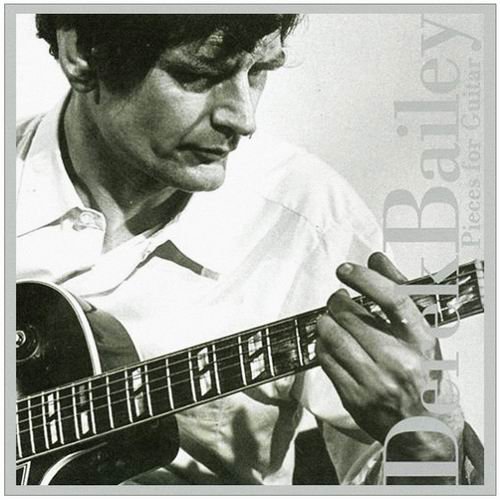
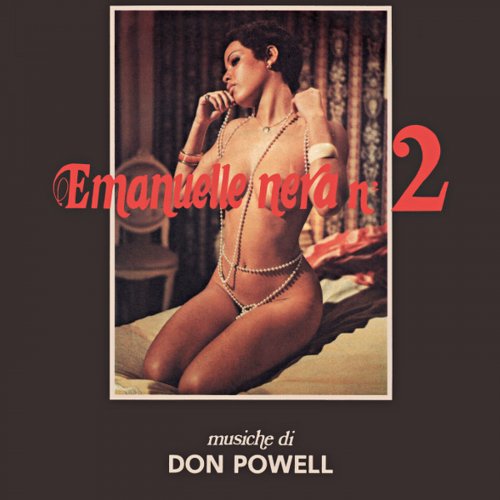
![Dewa Budjana, Czech Symphony Orchestra - PragueNayama (2026) [Hi-Res] Dewa Budjana, Czech Symphony Orchestra - PragueNayama (2026) [Hi-Res]](https://img.israbox.com/img/2026-01/30/svtc5ews9mwy8fxfbhiwifo2f.jpg)
